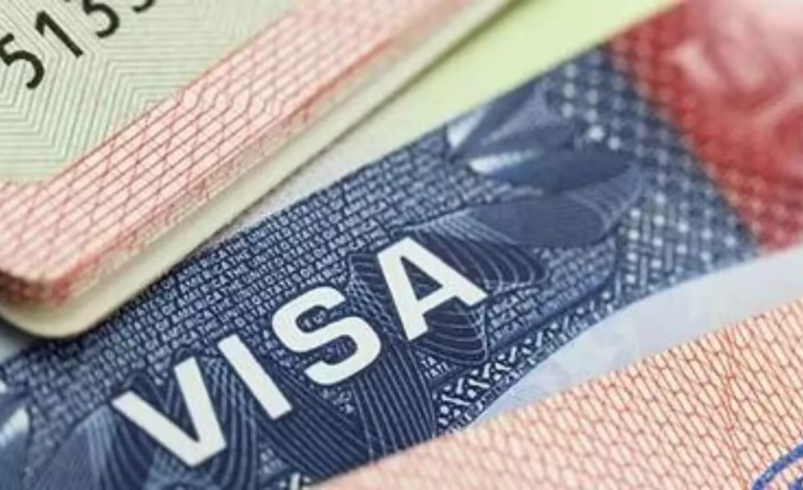US Considers $15,000 Bond for Certain Tourist Visas: Implications Explained
- August 5, 2025
- 0

The Trump administration has introduced a pilot program that could significantly impact international travelers seeking entry into the United States. This initiative requires certain B-1/B-2 visa applicants from countries with high rates of overstaying or inadequate vetting processes to post bonds of up to $15,000. The program is set to commence on August 20 and aims to address ongoing issues related to visa violations.
The primary goal of this new policy is to reduce the number of visa overstays, which have been a persistent challenge for U.S. immigration authorities. By implementing a financial bond requirement, the administration hopes to encourage compliance with visa terms and enhance the overall screening process for visitors. This measure is particularly targeted at countries identified as having higher incidences of overstaying visas.
Countries with high overstay rates are directly affected by this policy change. Travelers from these nations may find it more challenging and costly to visit the United States due to the additional financial burden imposed by the bond requirement. This could potentially deter some tourists and business visitors, impacting international travel dynamics and bilateral relations.
Proponents of the bond program argue that it will lead to more responsible travel behavior and reduce illegal immigration. By ensuring that visitors have a financial stake in adhering to their visa conditions, the policy could improve compliance rates. However, critics contend that this approach may unfairly penalize travelers from certain countries and create barriers for legitimate visitors.
As this pilot program unfolds, its effectiveness in curbing visa violations will be closely monitored. The outcome could influence future immigration policies and shape how the U.S. manages its borders in an increasingly interconnected world. Stakeholders will need to balance security concerns with maintaining open and fair access for international travelers.